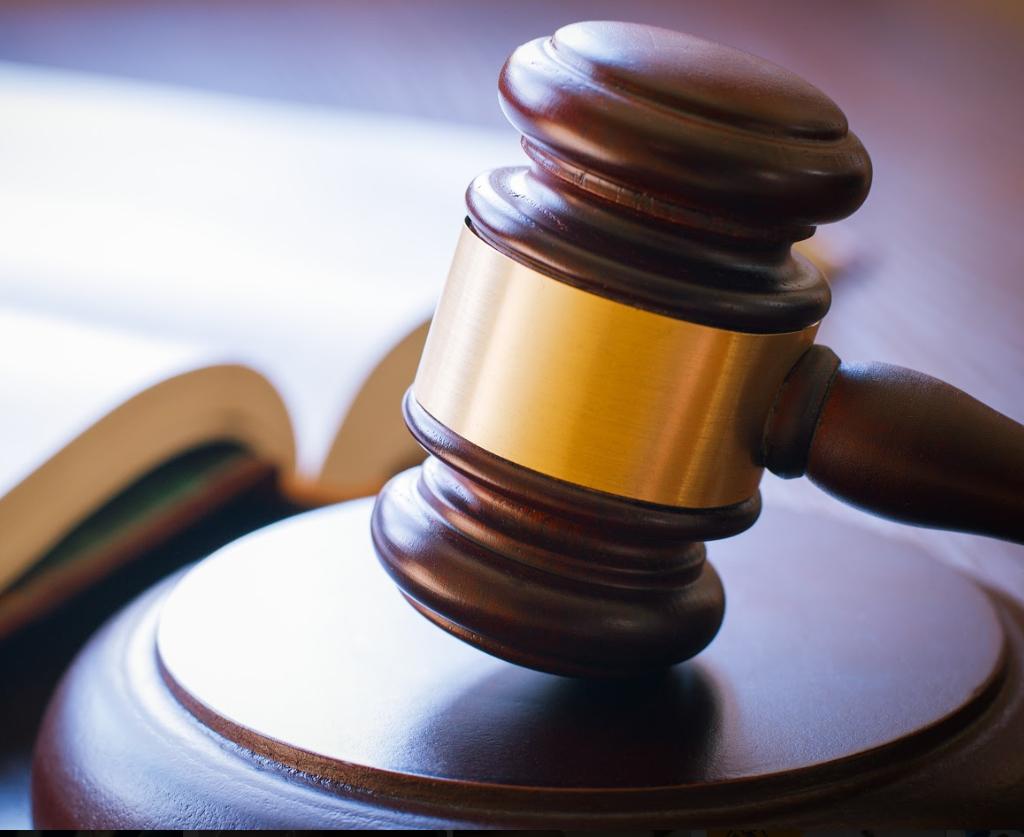- Free Consultation: (904) 355-8888 Tap Here to Call Us
Why Some Personal Injury Cases Go to Trial and What to Expect
Navigating the complexities of a personal injury case is daunting, especially if it appears that your case is heading to trial.
While many personal injury claims do reach out-of-court settlements, a certain percentage inevitably proceed to the courtroom. But why does this happen? What are the factors that compel a case to go to trial, and what should you anticipate if yours takes this path?
Here’s a look into the answers to these questions underscoring the necessity of having an experienced personal injury attorney representing you.
Factors Leading to Trial
Failure to Agree on Liability
One of the most common reasons a personal injury case goes to trial is a disagreement between the parties over who is at fault.
The defendant may deny any wrongdoing, suggesting that you were negligent or that a third party is to blame.
Alternatively, the defendant might concede some fault but argue that you too were negligent and should share the liability.
Under these circumstances, the court provides a formal venue for ascertaining responsibility based on evidence and legal arguments.
Disagreement on Compensation Amount
Assuming that liability is clear, disagreements can still arise about the quantum of damages.
The defendant or their insurance company might offer a sum that doesn’t adequately cover your medical expenses, lost wages, and pain and suffering.
When negotiation reaches a stalemate, your option may be to let a jury decide what fair compensation looks like.
Complexity of the Case
Complex cases often involve intricate questions of law or highly specialized facts.
For instance, medical malpractice cases can hinge on complex medical procedures or practices that require explanation by medical experts. Similarly, a product liability case may require an in-depth analysis of manufacturing processes.
In such scenarios, a trial allows each side to lay out their case in full, making use of expert witnesses to clarify technical details.

What to Expect in Trial
Jury Selection
In most criminal and civil matters, both Florida and the United States uphold the entitlement to a jury trial. Nevertheless, the involved parties have the option to choose a trial by judge, also known as a bench trial.
The process of jury selection, also known as voir dire, is crucial to the outcome of your case.
Both your attorney and the defendant’s counsel will question prospective jurors to gauge their suitability and impartiality.
Jurors may be excused for various reasons, including potential biases or personal experiences that could affect their judgment.
Opening Statements
The opening statements follow the completion of jury selection.
During this phase, each side outlines its case to provide the jury with a roadmap of what to expect.
While not an opportunity to present evidence, a well-crafted opening statement sets the tone for the trial and may offer a narrative that jurors can follow.
Presentation of Evidence
This is the heart of the trial. Your attorney will present evidence, call witnesses, and possibly introduce expert testimony to establish your case.
The defendant’s attorney will do the same, aiming to poke holes in your claims.
The quality and persuasiveness of the evidence often hinge on the skill and experience of the legal teams in presenting the facts and cross-examining witnesses.
Closing Arguments and Jury Deliberation
Once all evidence is on the table, both sides offer their closing arguments.
Here, your attorney will sum up why the evidence should lead the jury to find in your favor. After that, the jury leaves for deliberation.
This is a closed-door session where the jurors discuss the case and attempt to reach a unanimous decision concerning both liability and the amount of damages, if applicable.
The jury then returns to the courtroom to announce its verdict. Their decision will encompass whether the defendant is liable and, if so, what compensation you should receive.
In the case of a bench trial, the judge will present the verdict.
The Importance of an Experienced Personal Injury Attorney
Navigating a trial successfully requires intricate knowledge of legal rules, court procedures, and strategic litigation techniques.
An experienced personal injury attorney brings this expertise to your case. They can assess the merits of your case, decide whether going to trial outweighs the risks, and meticulously prepare for each stage of the legal process.
An experienced attorney also acts as a counterbalance to the legal firepower that the defendant and their insurance company can often bring.
A seasoned lawyer can sift through the complexities and employ proven strategies to make your case compelling. They can also negotiate more effectively with insurance companies and are less likely to be coerced into accepting an unsatisfactory settlement.
Final Thoughts
A personal injury trial is an exhaustive, demanding process, but sometimes it’s the only viable route for securing fair compensation for your losses.
Disagreements about liability, differing views on appropriate compensation, and case complexities can all push a case towards trial.
In these instances, having a seasoned personal injury attorney by your side becomes invaluable. Their experience and advocacy skills can tip the scales in your favor, helping you navigate the rigors of the trial process and come out victorious.
At Wood, Atter, and Wolf, we strive to solve the most important problems when a client suffers personal injury.
The proven methods we employ create a working environment that allows all parties to resolve their differences.
Call us at (904) 355-8888 or schedule a consultation here. Together, we can make it through this stressful time in your life.

